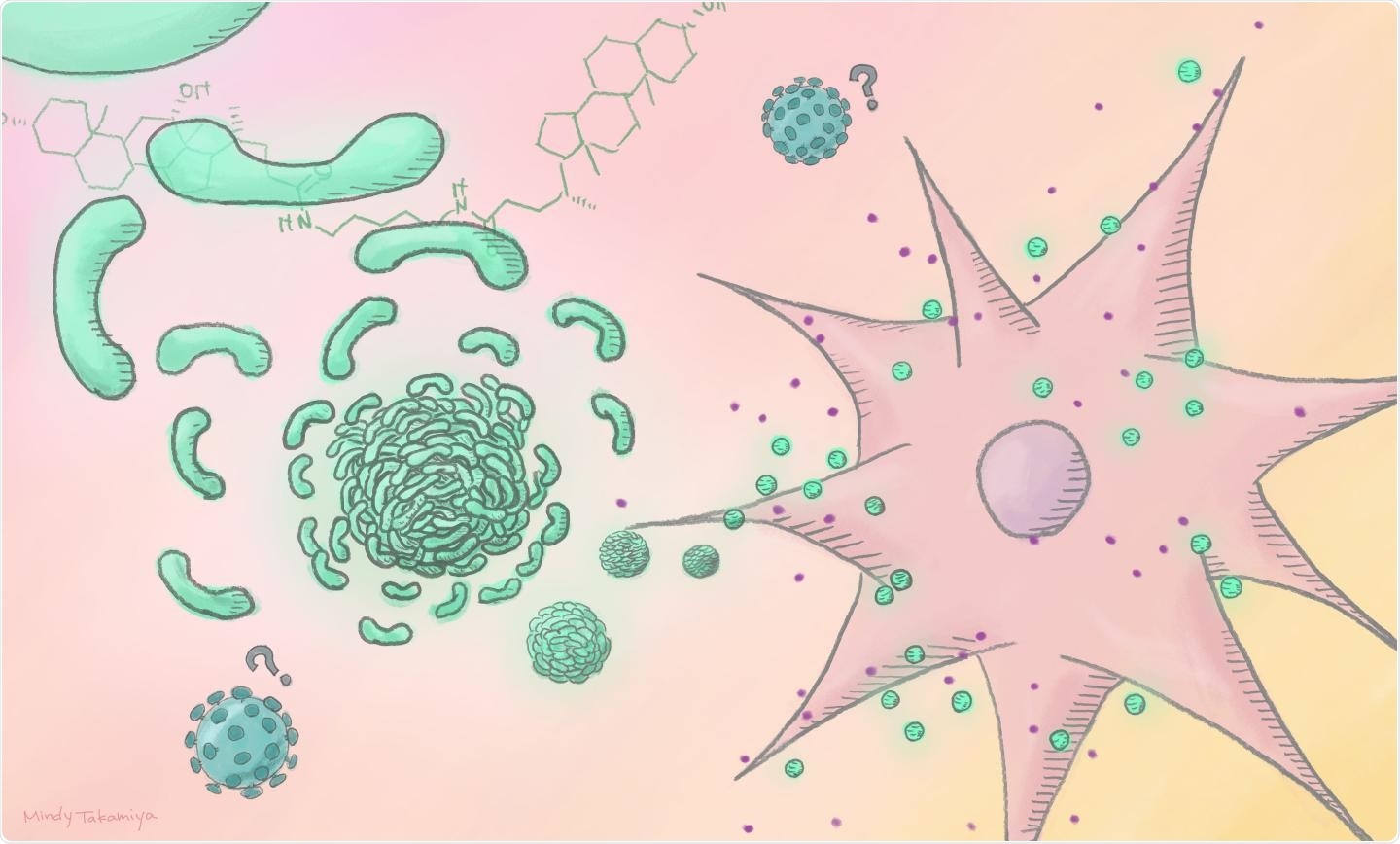A number of vaccines contain ingredients known as adjuvants that make them more effective by triggering a more powerful immune response.

The researchers found a molecule that can be used as vaccine adjuvant and strengthens the immune response when added to a vaccine. Image Credit: Mindy Takamiya/Kyoto University iCeMS.
Thanks to a novel method explained by scientists from the Institute for Integrated Cell-Material Sciences (iCeMS) at Kyoto University and their collaborators, potential adjuvants can now be identified more easily. The study has been published in the Angewandte Chemie journal.
The group of biologists and chemists from Japan has reported the discovery of a new molecule which when combined with a vaccine, reinforces the immune response reaction the same way as an oft-used adjuvant. Vaccine adjuvants form a crucial part of clinically used antigen vaccines, like hepatitis, cervical cancer, and influenza vaccines.
Adjuvants generate a robust and long-lasting immune response, but the ones currently in use, like aluminium salts and oil-in-water emulsions, were developed in the 1920s and we don’t precisely understand how they work, which is why they are often called ‘immunologists’ dirty little secret.”
Motonari Uesugi, Study Lead and Chemical Biologist, Institute for Integrated Cell-Material Sciences, Kyoto University
The team discovered the new adjuvant by screening a library of 8,000 small molecules for their potential to assemble on their own. Molecular self-assembly can be described as the spontaneous self-organization of molecules via non-electron-sharing bonds. This concept is popular in materials science and is also used by living organisms to carry out complicated biological functions.
We hypothesized that structures that come together through molecular self-assembly might mimic structures in pathogens, like viruses, stimulating a similar immune response.”
Motonari Uesugi, Study Lead and Chemical Biologist, Institute for Integrated Cell-Material Sciences, Kyoto University
The researchers identified a total of 116 molecules that are capable of self-assembly and subsequently screened these molecules for the potential to boost the expression of interleukin-6 by macrophages. The immune cells, macrophages, detect and “eat up” pathogens that circulate in the body. These macrophages also discharge proteins, like interleukin-6, that stimulate other immune cells.
The study led to the discovery of a novel molecule known as cholicamide. This molecule assembled on its own to form a virus-mimicking structure that is consumed by macrophages and analogous immune cells.
The virus-mimicking structures are transmitted into specialized vacuoles to bind with a particular receptor, known as toll-like receptor 7, which triggers a potent immune response. It particularly causes the discharge of immune-stimulating signals, like interleukin-6.
Additional comparisons and investigations showed that cholicamide was equally potent in causing an immune response as the adjuvant Alum, upon adding to an influenza vaccine injected in mice.
Our study, to the best of our knowledge, is the first report of using a small molecule library for vaccine adjuvant discovery. We hope the new approach paves the way for discovering and designing self-assembling small molecule adjuvants against pathogens, including emerging viruses.”
Motonari Uesugi, Study Lead and Chemical Biologist, Institute for Integrated Cell-Material Sciences, Kyoto University
Further studies are required to establish how cholicamide imitates the single RNA strands of viruses to stimulate toll-like receptor 7. The team also wants to figure out the binding process of cholicamide to the receptor to explain the impacts of this interaction.
Source:
Journal reference:
Jin, S., et al. (2020) Discovery of Self‐Assembling Small Molecules as Vaccine Adjuvants. Angewandte Chemie. doi.org/10.1002/anie.202011604.